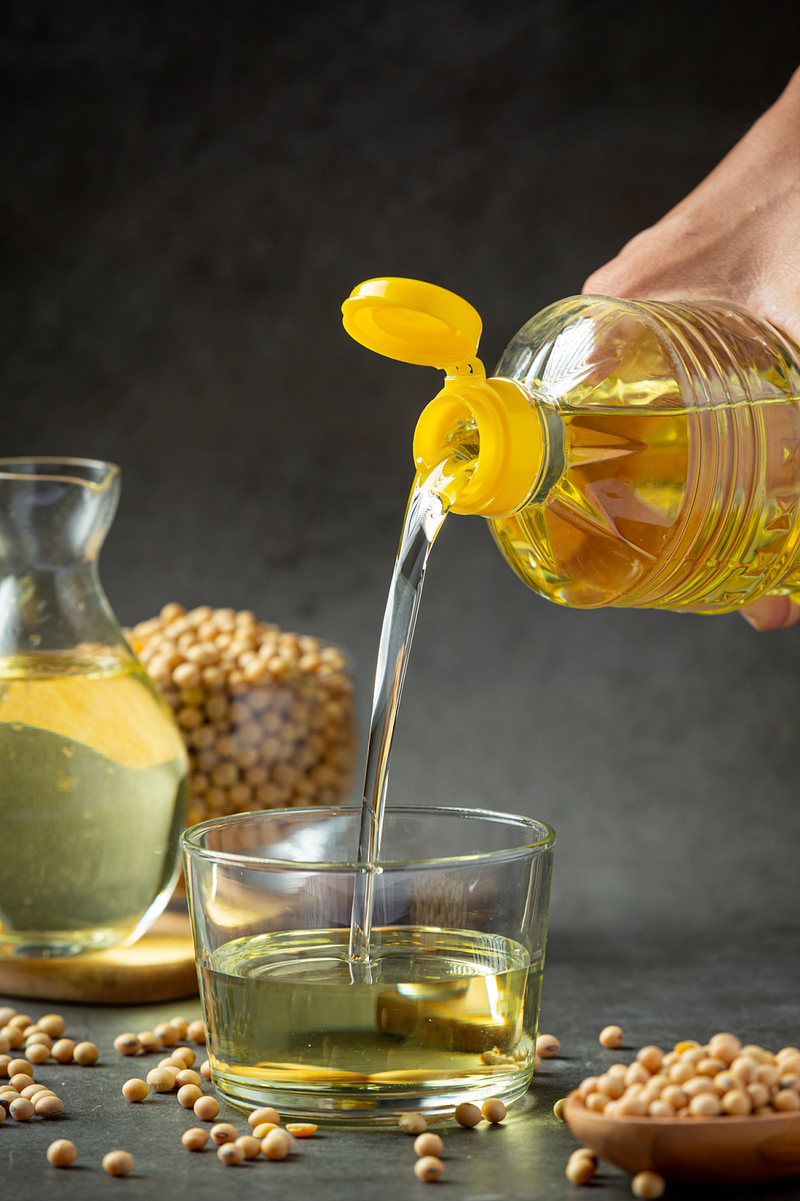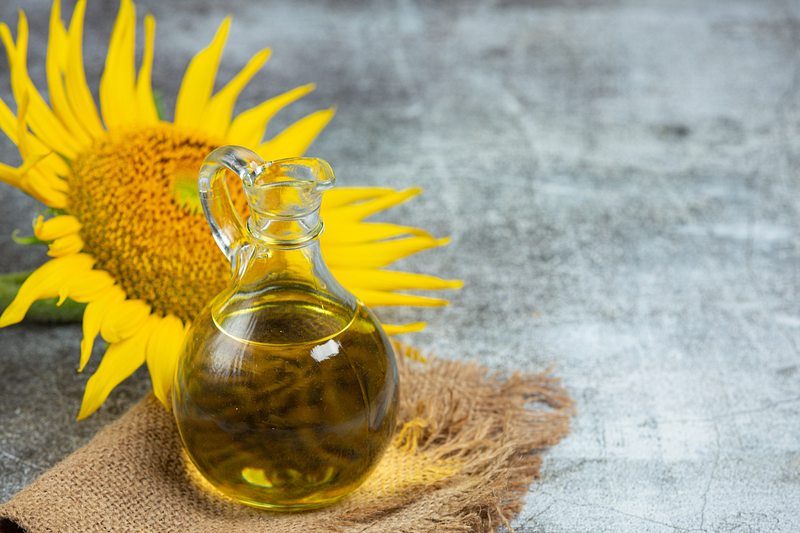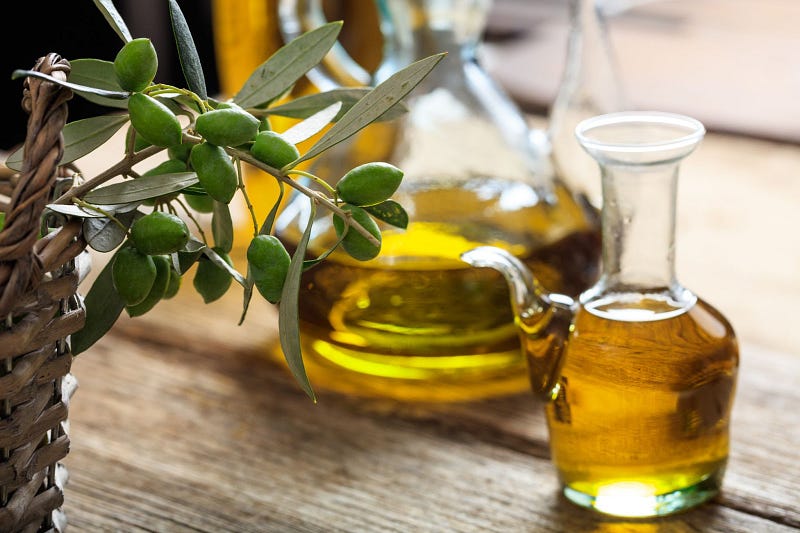Today, we’re taking a closer look at something that might surprise you: the oils we use in our kitchens.
You may have seen plenty of posts on social media ranking our everyday cooking oils. However, they rarely tell you the full story.
You might think you’re picking the healthiest options off the shelf, but it’s time to uncover the truth about five cooking oils that are secretly sabotaging your health. I’ve put together a list of which ones to avoid, and the healthier alternatives to keep in your cupboard instead.
1. Canola Oil

First up is canola oil. Long praised as a “healthy” alternative, canola oil is anything but beneficial for our bodies. Originating from rapeseed, canola oil undergoes a heavy processing method involving hexane, a chemical solvent, to become the product we see on shelves.
This process introduces a level of toxicity that’s concerning, to say the least. Canola oil is also high in omega-6 fatty acids, which, in excess, can lead to unwanted inflammation, exacerbating various health issues.
If you’re aiming for a diet that supports heart, liver, and metabolic health, canola oil should definitely be crossed off your list.
2. Peanut Oil:

Peanut oil, often used for frying due to its high smoke point, might seem like a smart pick, but it’s fraught with downsides. Its high content of unsaturated fats, while not problematic in themselves, become unstable and potentially harmful when heated to high temperatures.
This instability can lead to oxidative stress in the body, contributing to cellular damage and inflammation. Given its high potential for turning rancid, peanut oil is best avoided unless being used right after purchase. Even then, make sure you’re getting it fresh.
3. Vegetable Oil
Vegetable oil, commonly found in processed foods and touted as a healthy option, is a mix of various oils such as soybean, cottonseed, and corn oil.
However, the extensive processing these oils undergo strips them of any potential nutritional value, leaving behind a product high in unstable forms of fatty acids prone to oxidation. This not only contributes to inflammation but also poses a risk to your heart health.

4. Sunflower Oil
Sunflower oil is a bit of a mixed bag. While there are versions of sunflower oil that are high in oleic acid and beneficial for health, the linoleic version is the one to watch out for.
This variant can negatively affect your cholesterol levels and overall heart health, increasing risks of heart disease. Always check your labels for “high oleic” versions or organic certifications to ensure you’re getting the health benefits without the risks.

5. Olive Oil
Lastly, we have olive oil, a staple of the Mediterranean diet known for its health benefits.
However, not all olive oil is created equal. The way olive oil is stored and used can significantly impact its health benefits. Exposure to light and heat can turn a good olive oil bad, leading to oxidation and potential harm.
Look for extra virgin olive oil in dark bottles and use it primarily for cold dishes or low-heat cooking to preserve its health-boosting properties.

The Bottom Line
Choosing the right cooking oil is crucial for maintaining a balanced and healthy diet. While it’s easy to be swayed by labels claiming health benefits, the truth is that some oils can do more harm than good.
Opt for oils with a healthy balance of omega-3 to omega-6 fatty acids, such as avocado oil for high-heat cooking and extra virgin olive oil for dressings and low-heat cooking. By making informed choices about the oils you use, you can significantly impact your overall health and well-being.
Remember, the key to a healthy diet lies not just in the foods you choose but also in the oils you use to cook them.
If you’re looking for some recipes to try-out your oils on, check out my new cookbook Make Food Simple for hundreds of healthy and delicious recipes.







